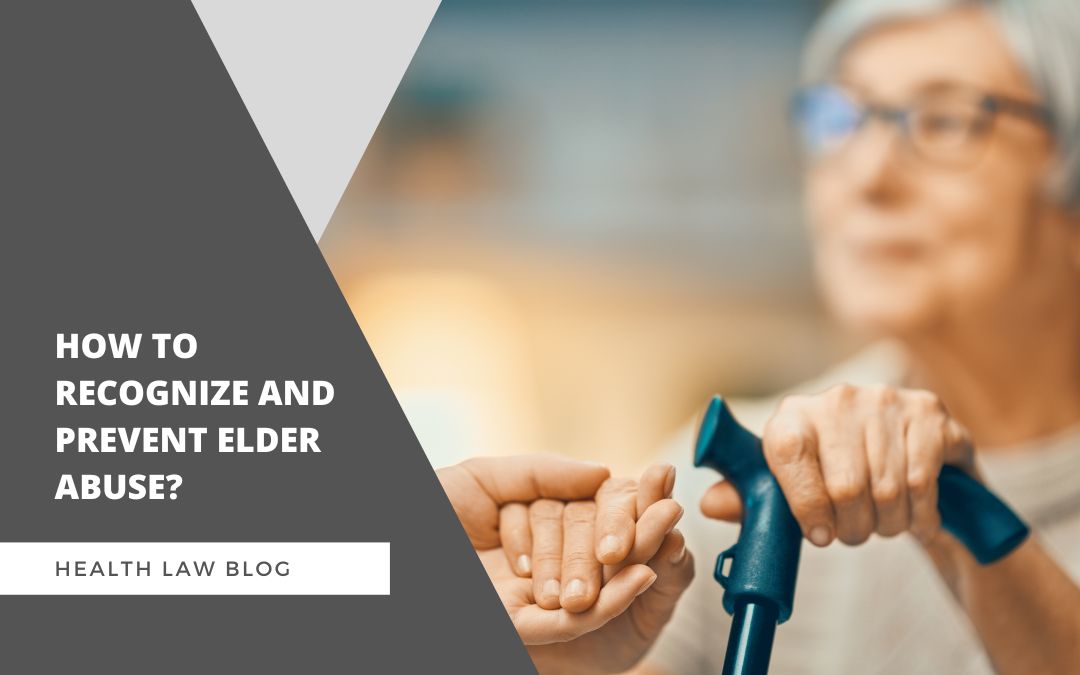Studies suggest that at least 1 in 10 older adults have experienced some form of abuse in the prior year. Unfortunately, many seniors suffer the abuse in silence.
Abusers can be anyone — men or women, family members, caregivers, or strangers.
Signs of abuse
Family members and caregivers should monitor their loved ones for any signs of abuse. Some signs of abuse may include:
- Physical changes such as unexplained bruises, abrasions, bed sores, injuries, burns, or broken bones
- Unusual weight loss
- Dehydration
- Poor hygiene
- Unsanitary living conditions
- Medications not being taken appropriately
- Not having access to needed daily living aids, like glasses or hearing aids
- Emotional changes such as unexplained withdrawal, increased fear or anxiety, or sudden change in alertness
- Unexplained changes in behavior or sleep
- Isolating from friends or family they normally interact with
- Changes in their finances, such as unpaid bills, unusual changes to wills, changes in their spending, or fraudulent signatures on financial documents
You can take steps to help prevent elder abuse at home or at care facilities. For instance, check in regularly with seniors, encourage appropriate social interactions, and for those living at home, reach out to the primary caregiver to ensure they aren’t stressed or overwhelmed.
For seniors living in a nursing home or care facility, call or visit regularly. Bring any concerns about your loved one’s care to the attention of staff or other authority.

